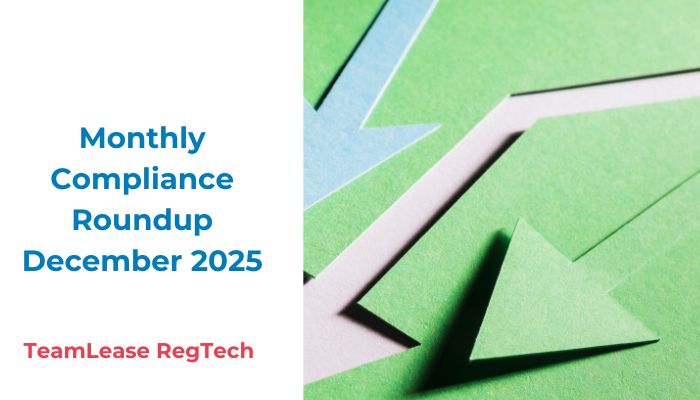COVID-19 ramped up the digitisation process for many companies that may have been reluctant to move into a remote working environment before the pandemic. While employers may overlook the background verification process for remote workers, nothing can be more grievous than ignoring it. As an employer, you do not want to fall into the trap of negative hiring.
A report by EY Forensic and Integrity Services’ highlighted how digital transformation is driving employee background checks in these times. In a survey with over 115 senior HR executives from Indian and multinational corporations, 68% of the respondents faced challenges in completing background verifications during the lockdown, while only 32% leveraged technological tools as an alternate means of verification.
You might also be interested to read: Background Screening Trends – What Has Changed, What Has Remained
The new normal work environment post-COVID-19 is proving to be a substantial challenge to the background verification process of hiring managers. Here’s why:
Competency: With the recruitment process moving online, candidates find it easier to commit malpractices in online tests and remote hiring. The use of fake experience certificates and educational documents is also on the rise, though not new.
EY Forensic & Integrity Services’ report shows an increase in negative background verification, with 96% of respondents stating that they experienced failures in up to 10% of the background checks conducted on existing or new employees. Leveraging technology to digitise records and using it to conduct a preliminary assessment of candidates can help reverse this trend.
Unique risks in hiring remote staff: Remote work culture is endangering data security too. It calls for giving employees the company’s data from their homes while using their own networking devices. Remote work presents many more opportunities for the organisation’s security and systems to get breached than when an employee only has access to data on office premises. Organisations must also ponder the worker’s home environment, where others may try to log in or even intrude into sensitive company data.
Moonlighting and short tenures: The current debate around moonlighting is not unfounded. There have been instances in remote workspaces where employees not showing up for online meetings citing technical glitches/family emergencies have left the management wondering if they are moonlighting. Some fine-toothed background checks revealed the dual-employment status of candidates through a PF transaction.
There is also a spurt in taking up remote jobs in quick succession that raises doubts about the competence and commitment of candidates. Background verification in the new normal has an additional task of tackling a situation where the prospect’s CV is silent about these short stints.
Criminal and legal verification: Remote hire or not, the character check of a candidate is of utmost importance for any firm to ensure a safe and secure work environment.
The pandemic and consequent changes to the workspaces outline how imperative it is to create a dynamic and automated work model for talent teams. Adopting next-generation technologies for the background verification process can enable organisations to quicken the hiring of deserving and ethically sound candidates while protecting the organisation’s culture and reputation.
References:
- Changing jobs? Rising trend of negative background verification concerning, says report | Mint
- What You Need to Know About Background Checks for Remote Workers – ERE
- Digitalisation of employee background check processes can transform HR functions: EY
- Is remote work adding a whole new dimension to background checks? – authbridge
You might also be interested to read: Background Screening: Taking Ethical Approach






